Survivalist prepping requires hard work, preparation, and a practical mindset. You’ll spend plenty of lonely hours rigging up generators and may have to forgo social activities to ferment foods like tempeh.
Over time, this can have a significant impact on your mental health. You may even start to feel isolated from your friends and family when working on your survival plan. Left unchecked, all this hard work and loneliness can lead to anxiety, depression, and heightened stress.
This underlines the reality that successful prepping isn’t just about surviving. Successful prepping is about finding a way to flourish when things go south. As such, you must find time to complete leisure activities if you want to survive with sanity. Even simple tasks, like playing card games or knitting, can significantly improve your prepping plans and help you feel better about the world.
Leisure and Mental Health
The world is going through a mental health epidemic today. This is largely due to heightened stress and poor access to supportive services. According to the World Health Organization (WHO), 1 in 8 have a mental health condition, while 301 million have anxiety and 280 million are living with depression.
As a prepper, you can use leisure activities to avoid or overcome some of the symptoms associated with mental health conditions like anxiety or depression. This sentiment is echoed by an article published in the journal Psychosomatic Medicine titled, “Association of Enjoyable Leisure Activities With Psychological and Physical Well-Being.” Researchers found that those who regularly engaged in enjoyable leisure activities benefited from:
- Greater satisfaction with life;
- Increased engagement in activities;
- Lower rates of depression, anxiety, and anger;
- More resilient when facing stressors.
Researchers also found that folks who make time for leisure activities benefit from improved physiological function. Those who engage in stimulating leisure activities have improved sleep and exercise more regularly. People who make time for leisure also enjoy lowered blood pressure, and reduced cortisol, and are more easily able to manage their weight.
These outcomes prove that leisure activities are an essential part of proper prepping. If you fail to make time for leisure, don’t be surprised to find that you are ill-equipped to overcome the mental and physical demands placed on survivalists in an apocalyptic scenario.
Overcoming Isolation
If you’ve prepped for a nuclear fallout or an armageddon-style conflict, you probably have a bunker to see out the worst of the disaster. While this can save your life in a crisis, extended periods of isolation can derail your sense of reality and lead to a loss of your sense of self.
Robert B. Kauffman, a Professor at Frostburg State University, explains that you’re likely to face similar issues as “prisoners of POWs in confinement” if you’re forced to shelter in your bunker for a prolonged period of time. Many folks who live in these conditions explain that their mental state becomes “slippy”, and that they experience a severe loss of mental acuity.
Kauffman also identifies sensory deprivation as an issue you may face in isolation. Without stimulation, this can cause severe mental health disturbances that will undermine your ability to make rational choices. Fortunately, engaging in leisure activities can help you survive with sanity and overcome some of the issues you face.
You’ll need to plan activities that provide stimulation beyond simple entertainment, too. Kauffman notes that “fun” games will only keep you occupied for around 3 days. Instead, try to fill your time with activities like stock checks and cooking. You could also pack in stimulating activities like card games and video games, as these will provide a temporary reprieve. Make some time for creative activities like journaling and wood carving, as these tend to hold the imagination for longer.
Alleviating Boredom
After your third day bunkered down, you’re likely to start getting bored. This is understandable, as the adrenaline of an unexpected emergency wears off and you’re left with more free time than usual. Filling this time is crucial, as boredom can lead to negative health outcomes like:
- Increased stress hormones;
- Depression;
- Unhealthy lifestyle choices;
- Heart disease and high blood pressure.
You can alleviate boredom by packing some games you’ve never played before in your survival pack. For example, if you’ve never played Solitaire or Pyramid before, keep a deck of cards and the rules to the game somewhere safe. This will give you something to look forward to and alleviate some of the boredom you’re experiencing.
Depending on the nature of the survivalist scenario, you may be able to make new social bonds. This is, of course, highly dependent on the situation you find yourself in, but can be the answer to your mental health needs. Connecting with other survivalists can give you a sense of community and help you refocus your efforts when dealing with an emergency.
Healthy Hobbies
Pastimes that promote your physiological health can also preserve your mental health in a survival scenario. That’s because activities like hiking, yoga, and weightlifting release hormones associated with happiness and help you stay in a routine of healthy eating and sleeping. Some healthy hobbies will keep you active for longer, too, which is crucial if you want to last in the long term.
If you’re new to the idea of physical recreation, start with simple activities like:
- Find a nearby trail and try to walk or run it faster every week;
- Start a garden in your yard;
- Build your library and use books to calm your mind;
- Download a few yoga flows to relax while improving flexibility and strength.
These hobbies will not fatigue you unnecessarily but will stimulate your mind and body enough to bring you inner peace and improved physical strength. Healthy hobbies can give you goals to focus on, too. This is crucial when faced with a survival scenario, as you may find that simply surviving is not an adequate goal to sustain you in the long term. Instead, consider setting measurable goals like:
- Improving VO2 max;
- Harvesting 100kgs of vegetables in a year;
- Increasing muscle mass by x%;
- Reducing 5K time by 5 minutes.
These goals are measurable and motivating. They’ll give you something to focus on while you wait out a prolonged emergency and may mean you leave the scenario in a better condition than you started. Just be sure to set aside time for calming activities that help you rest and recover after a challenging workout.
Calming Pastimes
Preparing for a disaster and living through an unexpected emergency can be demanding. You’ll spend hours creating shelters, rewiring your electricity, and maintaining your bug-out vehicle. This can demand a lot from you both mentally and physically. As such, it’s essential that you also make time for pastimes that help you find a sense of calmness and tranquility.
You may find that reading is the perfect way to calm your mind and escape from the current situation. A survival scenario is the perfect time to start a reading habit, too, as it requires no energy, is entirely free, and can be repeated whenever you feel like it. If you’re new to reading, start with baby steps. Just aim to read a single chapter or set a 15-minute timer to dedicate some time to reading.
Other calming activities include:
- Music: Try to explore a genre or artist’s discography as thoroughly as possible
- Using a Stress Ball: Squeezing a stress ball can temporarily alleviate acute stress
- Chewing Gum: Gum reduces stress by lowering salivary cortisol
These activities can break you out of an anxious episode and help you find long-term solutions to the challenges you face. Once you’ve calmed your acute stress, consider other stimulating activities like journaling, meditation, and nature-based mindfulness walks.
Recognizing Your Needs
Partaking in leisure activities is a great way to overcome boredom and alleviate the humdrum of isolation. However, before you embark on a knitting project or take up origami, you should learn to better understand yourself and your needs. Get started by learning how to recognize the signs of mental illness by paying attention to things like:
- Prolonged periods of sadness;
- Feeling confused or struggling to focus;
- Extreme mood changes;
- Withdrawal from friends;
- Excessive fatigue.
If you do notice that you experience the symptoms of a mental health disorder, it’s worth seeking help now. Mental health services may dissolve in a crisis situation, but psychologists can help you today. You don’t necessarily need a referral from your primary care provider, either. Simply seek out a therapist, counselor, or psychiatrist that aligns with your personality and can help you overcome the struggles you face. There’s no reason to go it alone while help exists and doing so can empower you during a catastrophe.
Conclusion
Leisure is an often overlooked component of successful prepping. However, making time for leisure is crucial if you want your plan to work in the long term. Setting aside time for rest and relaxation will improve your health and increase your ability to think clearly when under stress. Just be sure to connect with a mental health professional now if you suspect you have a mental health disorder, as they can give you the tools you need to manage your symptoms in a survival scenario.

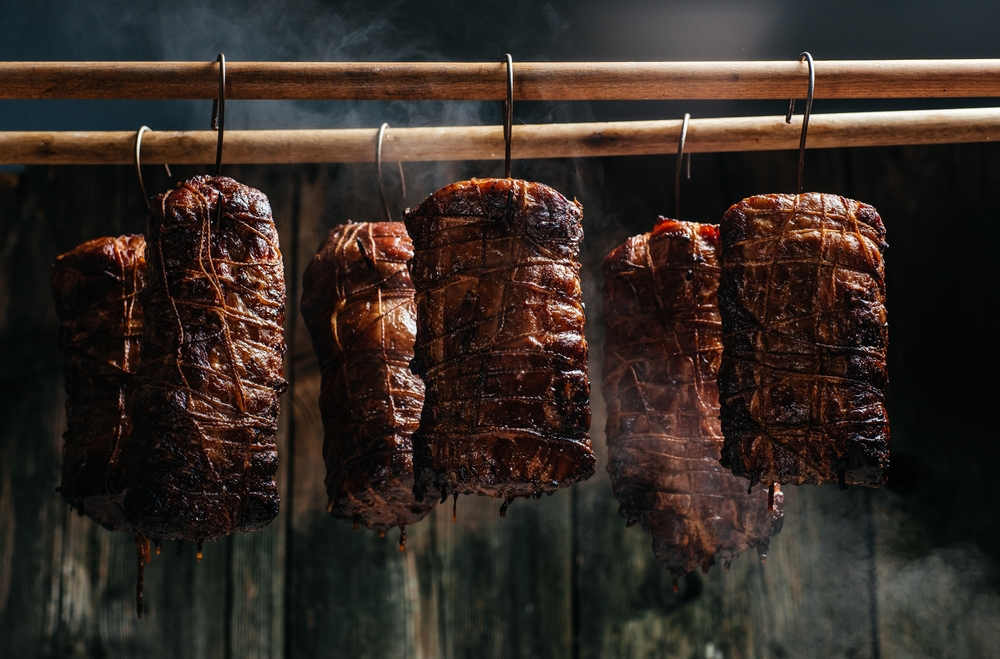
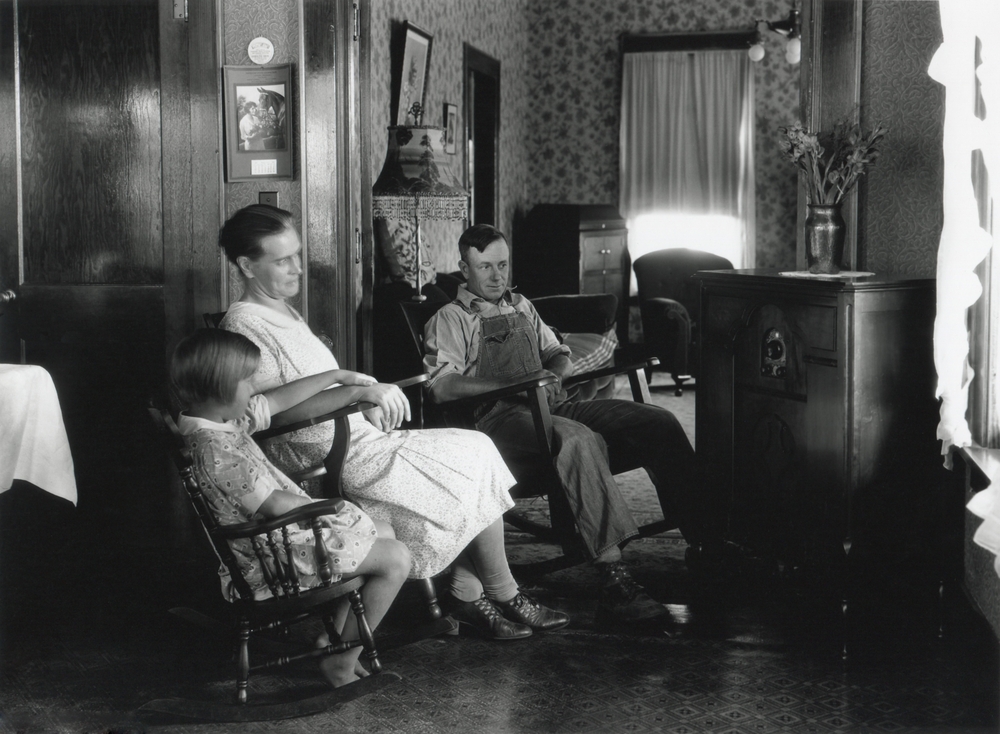
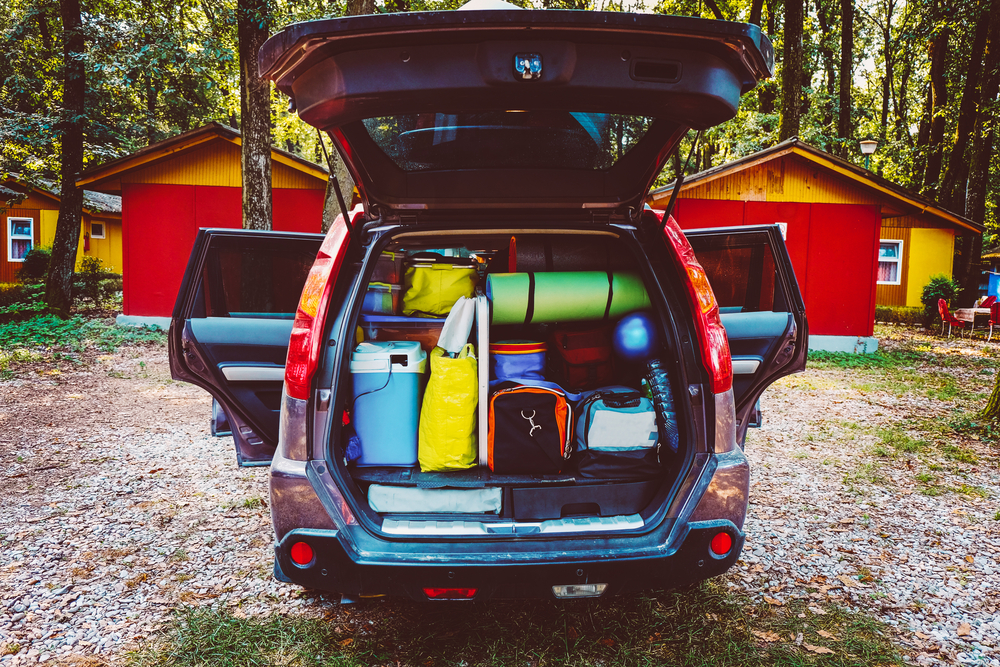


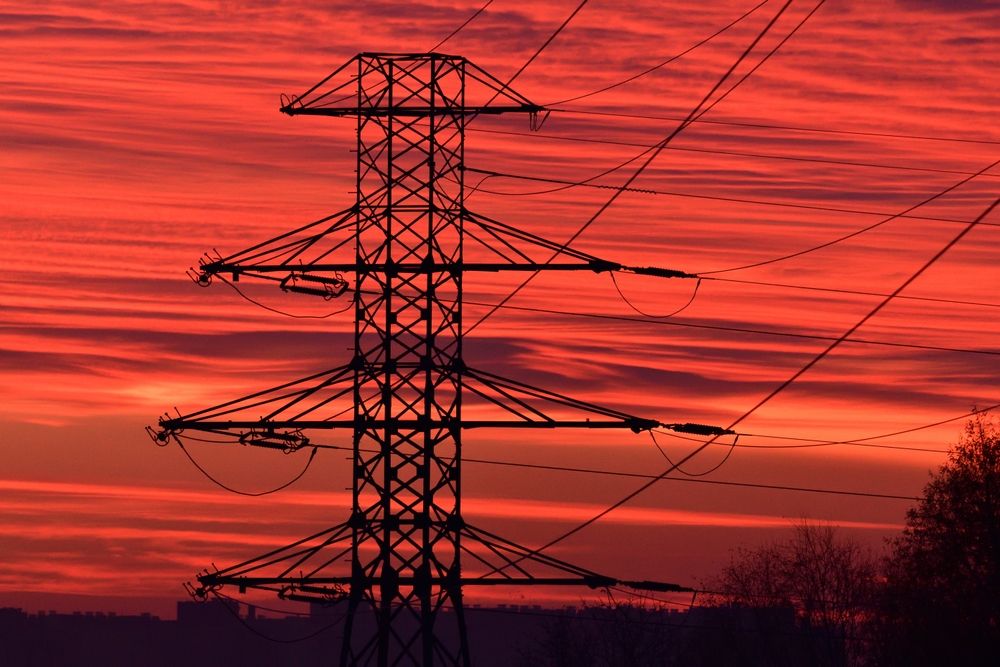


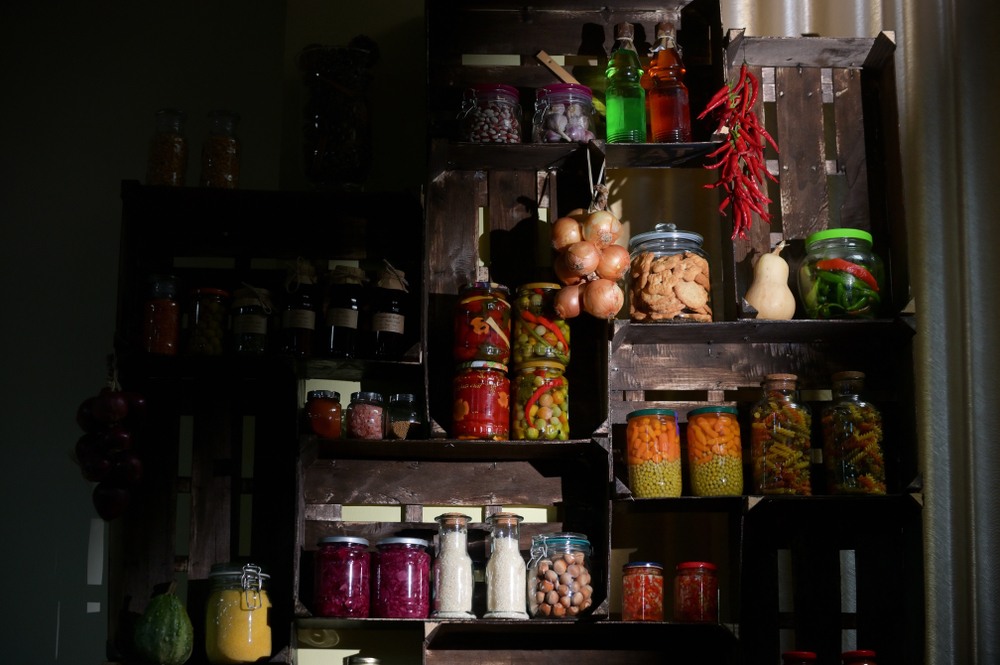










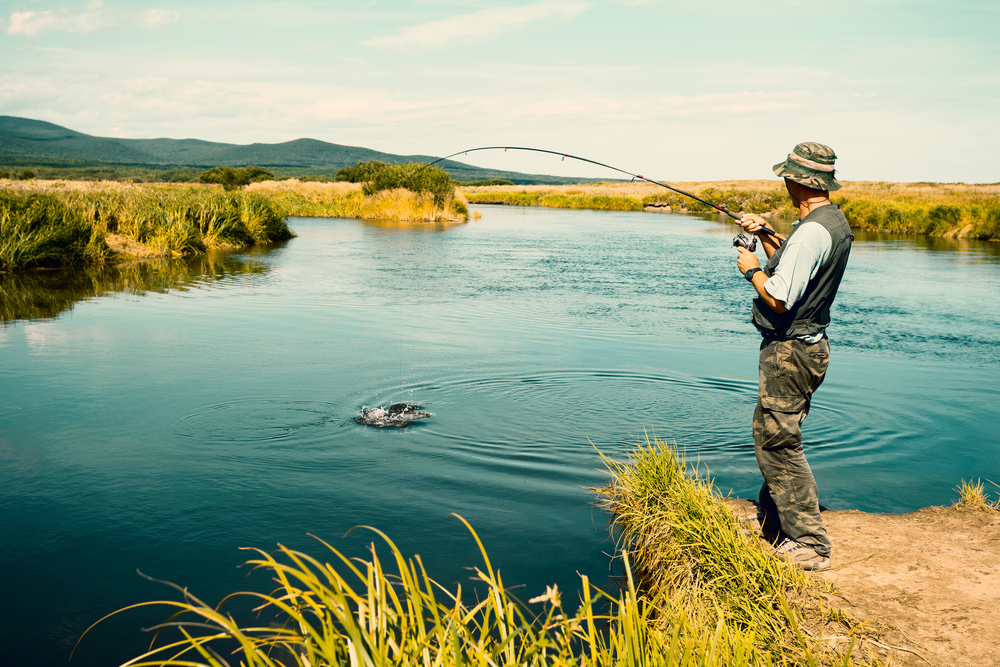


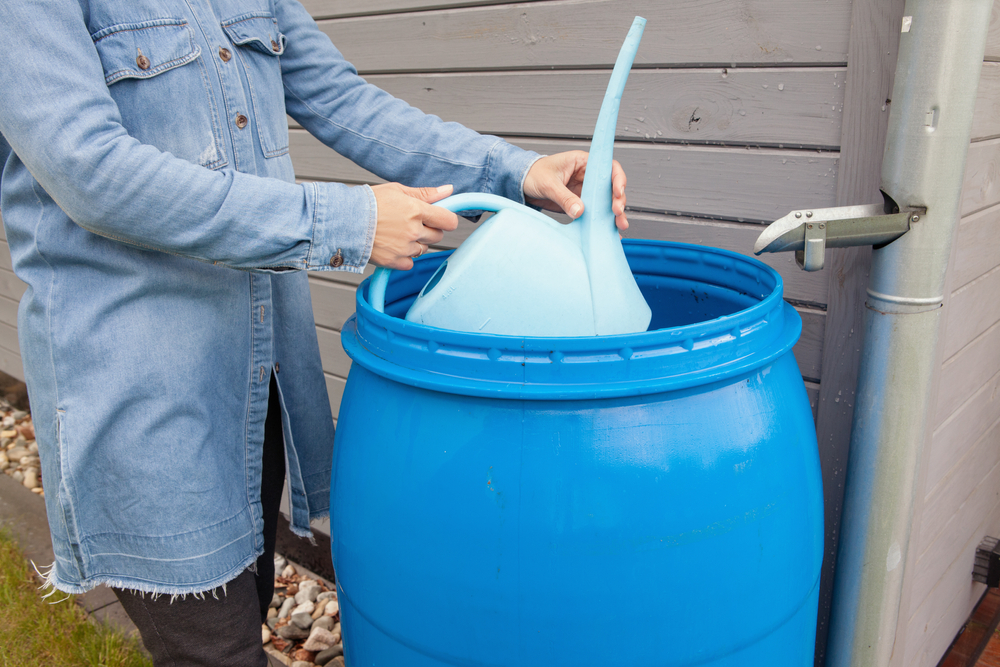
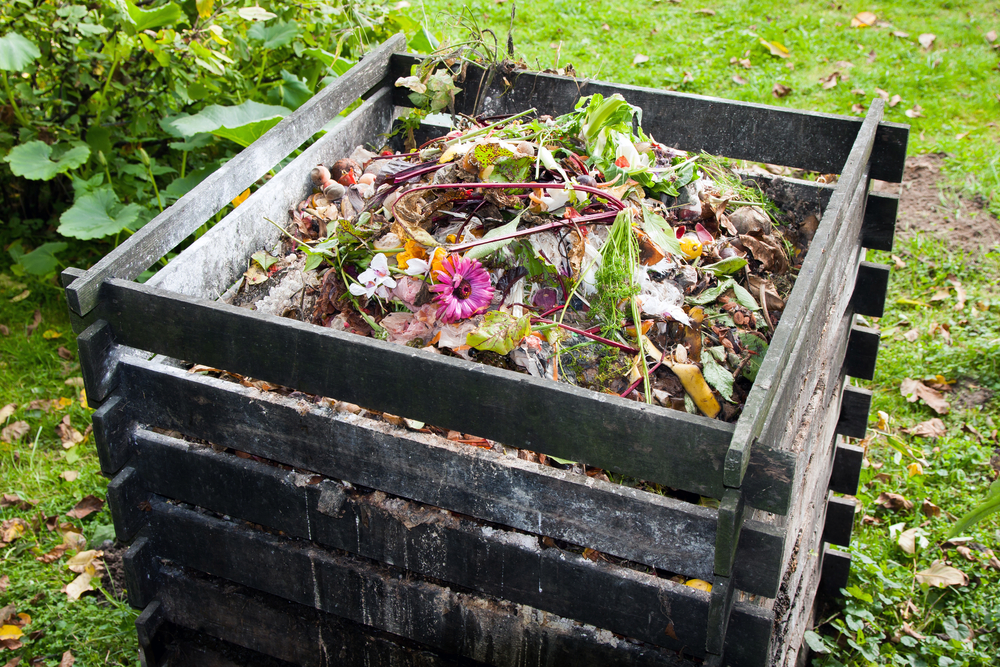
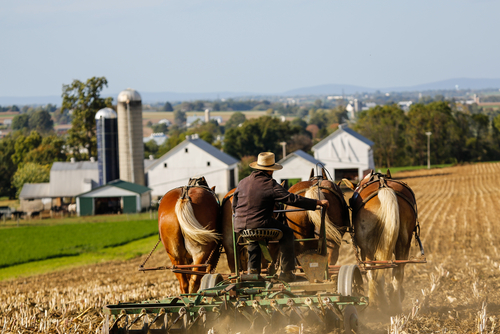
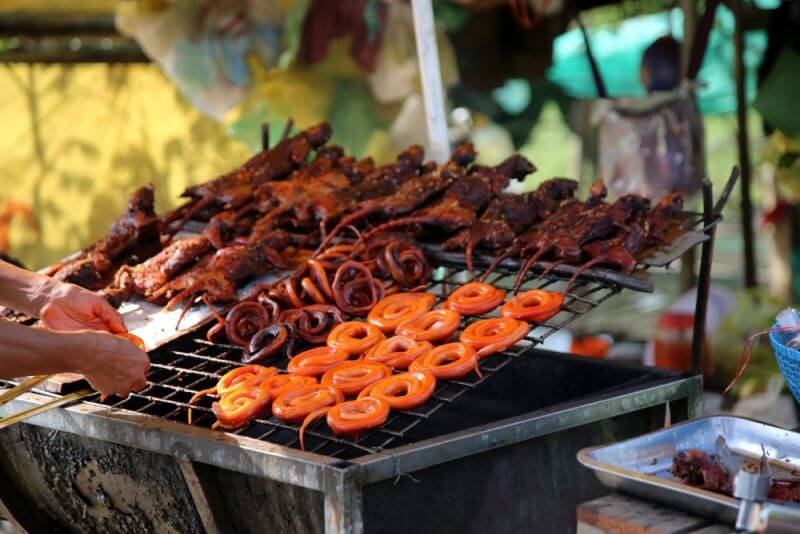




![Secure Foot Travel: Getting from A to B After the World Goes Sideways [Part 2]](https://nt.survivopedia.com/wp-content/uploads/2024/02/shutterstock_313668611_edited.jpg)















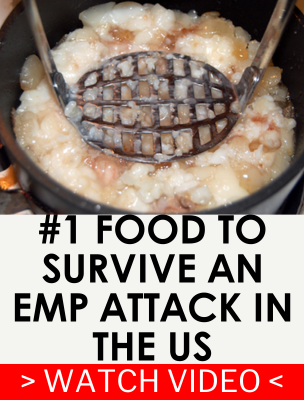
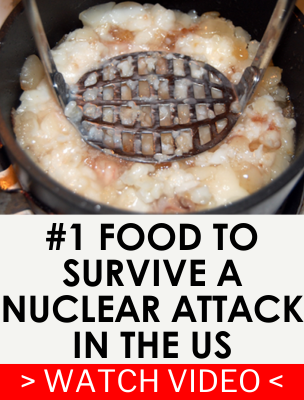

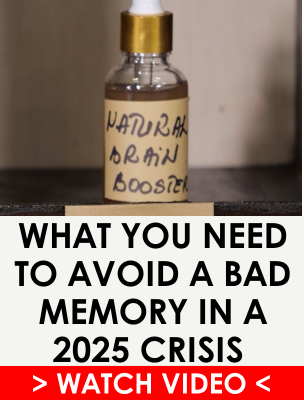
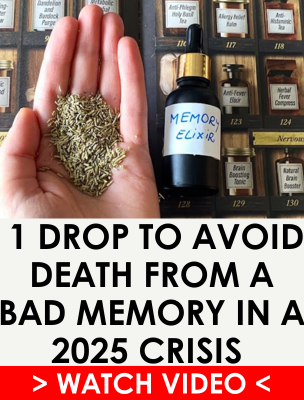







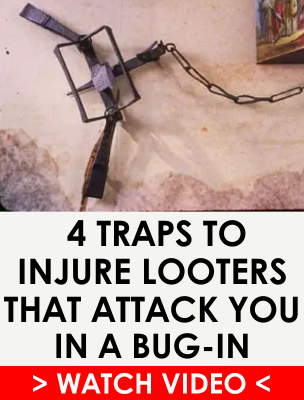
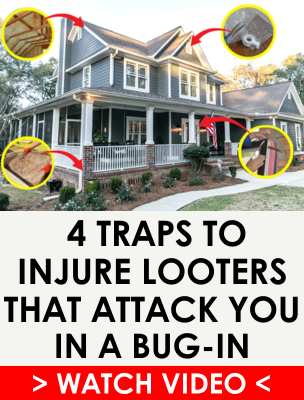










Good reminder; and you are right–doing things that you enjoy (my definition of leisure) provides a balance to doing difficult things; but also softens what could become too much of a negative focus.
believe me, if everything was to go bad there will be very little leisure time for the unprepared. thats why a hundred years ago people set aside Sundays as a day of rest. the old people i used to know said to never start a project on a Friday that you could not finish by Saturday afternoon.
to many people now think leisure time is everyday, i’m afraid that they won’t be able to make the adjustment. its a daylight to dawn existence, it takes hard work to live sustainably, and it never ends. ever.
we have lived a sustainable lifestyle for 20yrs now and are very happy. it’s peaceful and quiet, something most people will never know.
get started now, it doesnt happen overnight.
best of luck all.